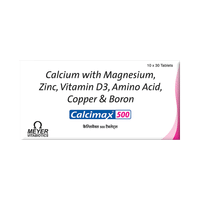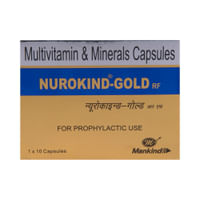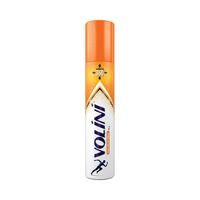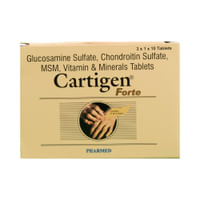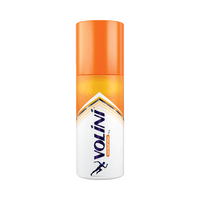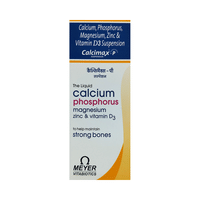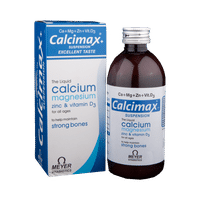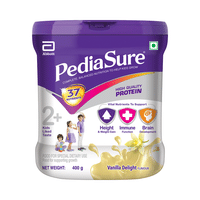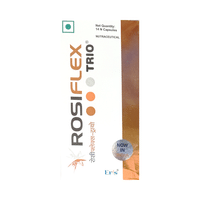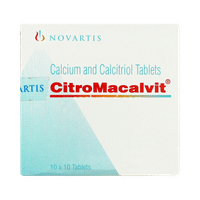Compensate Tablet

Rs.126for 1 strip(s) (10 tablets each)
food interaction for Compensate
alcohol interaction for Compensate
pregnancy interaction for Compensate
lactation interaction for Compensate
food
alcohol
pregnancy
lactation
Compensate Tablet is to be taken with food.
None
None
CAUTION
Caution is advised when consuming alcohol with Compensate Tablet. Please consult your doctor.
CAUTION
Information regarding the use of Compensate Tablet during pregnancy is not available. Please consult your doctor.
CONSULT YOUR DOCTOR
Information regarding the use of Compensate Tablet during breastfeeding is not available. Please consult your doctor.
CONSULT YOUR DOCTOR
SALT INFORMATION FOR Compensate
Glucosamine(500mg)
Uses
Glucosamine is used in osteoarthritis.
How it works
Glucosamine is a proteoglycan synthesis stimulator which relieves osteoarthritis symptoms. It helps in the formation of cartilage (the soft tissue that cushions the joints) and keep the joints lubricated for better movement and flexibility.
Common side effects
Nausea, Heartburn, Upset stomach
Diacerein(50mg)
Uses
Diacerein is used in the treatment of osteoarthritis.
How it works
Diacerein is a proteoglycan synthesis stimulator. It works by building cartilage (soft connective tissue around the joints) leading to joint repair. It also lowers pain and inflammation (swelling).
Common side effects
Diarrhea, Urine discoloration, Rash, Eczema, Itching, Hepatobiliary disorder, Decreased potassium level in blood, Hepatitis (viral infection of liver), Lyell’s syndrome
Methyl Sulfonyl Methane(250mg)
Uses
Methyl Sulfonyl Methane is used in the treatment of osteoarthritis, rheumatoid arthritis and muscle pain.
How it works
Methyl Sulfonyl Methane is a non-steroidal anti-inflammatory drugs (NSAID). It works by blocking the release of certain chemical messengers that cause pain and inflammation (redness and swelling).
Common side effects
Upset stomach, Skin rash, Allergic reaction
SUBSTITUTES FOR Compensate
5 Substitutes
5 Substitutes
Sorted By
 Rs. 43.75save 66% more per Tablet
Rs. 43.75save 66% more per Tablet- Cerifin gm 500mg/50mg/250mg Tablet(10 tablets in strip)Fourrts India Laboratories Pvt LtdRs. 13.90/Tablet
 Rs. 142.97pay 10% more per Tablet
Rs. 142.97pay 10% more per Tablet - Diasten gm 500 mg/50 mg/250 mg Tablet(10 tablets in strip)Torrent Pharmaceuticals LtdRs. 12.60/Tablet
 Rs. 130same price
Rs. 130same price  Rs. 190pay 46% more per Tablet
Rs. 190pay 46% more per Tablet Rs. 195pay 50% more per Tablet
Rs. 195pay 50% more per Tablet
Expert advice FOR Compensate
- Do not take glucosamine, if you are allergic to glucosamine or shell fish.
- Avoid taking glucosamine, if you are pregnant or breast feeding.
- Doctor’s advice should be considered in case of patients with following history of disease conditions: diabetes; high cholesterol or triglycerides; cancer; liver disease; asthma or breathing disorder.
- Do not continue the glucosamine, if you are having surgery.
Frequently asked questions FOR Compensate
Glucosamine
Q. Does Glucosamine actually work in joint pain?
The evidence on the effectiveness of Glucosamine in reducing pain is controversial. Some patients report that Glucosamine has helped reduce arthritis pain, stiffness, and mild to moderate osteoarthritis pain. In fact, there is some evidence that Glucosamine has beneficial effects on the cartilage by slowing down the cartilage breakdown in the joints.
Q. Can Glucosamine cause liver damage?
In research studies, Glucosamine has not been found to raise the liver enzymes or cause any damage. However, there are few recent reports of liver injury while using the products containing Glucosamine. The chances of liver injury are more if the patient has been suffering from chronic liver disease.
Q. Is Glucosamine bad for kidneys?
The effect of Glucosamine on kidneys is not confirmatory. Glucosamine is mostly metabolized and broken down by the liver. However, there are some reports of kidney damage caused due to Glucosamine, but there is a lack of conclusive evidence. Therefore, it should be used with caution in patients with kidney damage and kidney function should be regularly monitored. Do consult your doctor before you start using this medication. Also, inform your doctor if you have any kidney disease.
Diacerein
Q. What is diacerein used for?
Diacerein is used for treating swelling and pain in the joints due to osteoarthritis
Q. How does diacerein work?
Diacerein belongs to a class of medication call anthraquinones. It acts by blocking chemicals which cause inflammation and destruction of cartilage in the body
Q. Is diacerein safe?
Diacerein is safe when taken for an indication and at a dose strictly instructed by your doctor













